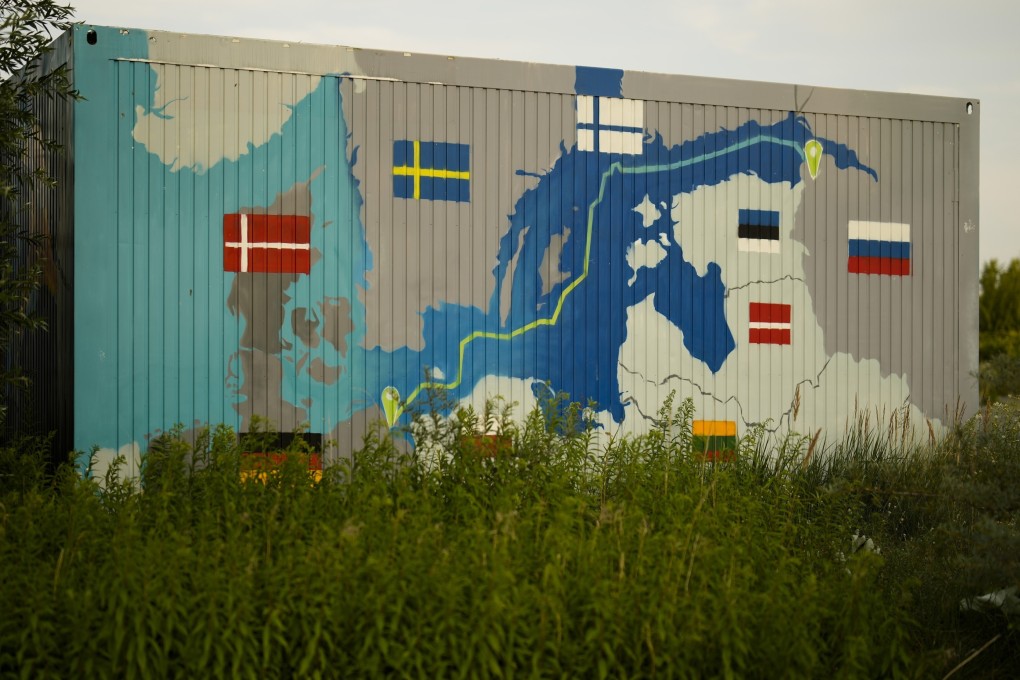Advertisement
Opinion | Effects of Russia’s Ukraine war teaching world hard lessons on weaponised interdependence
- Russia’s invasion of Ukraine and the events that followed have revived discussions on increased dependence on adversarial nations
- Whether in the developed West or the Global South, countries are asking hard questions about the kind of globalisation practised in the past two decades
Reading Time:3 minutes
Why you can trust SCMP
17

People in western Europe are facing the worst power cuts in recent memory. A generation of western Europeans has had the privilege of a steady energy supply, powering homes, factories and schools.
Russia’s invasion of Ukraine and the events that followed have ended that and revived discussions on increased dependence on adversarial nations, leading several nations to rethink the type of globalisation practised over the past two decades.
In 2017, US president Donald Trump gave an ominous warning on Germany’s decision to move ahead with the Nord Stream 2 pipeline and the risks it posed. The German representatives at the United Nations were found laughing at his comments. Fast forward to 2022 and that premonition has, unfortunately for the Europeans, turned into reality.
Advertisement
Besides the power outages being faced, Europe’s climate change goals are being questioned as well. As energy becomes more expensive, countries could rethink their commitment to clean energy and revert to more reliance on non-renewables such as coal, as Germany has done recently. This serves as a lesson on the weaponisation of interdependence.
Few countries in the West were apprised of the risks posed by increased interdependence even before the Ukraine crisis. Australia’s experience with China’s act of economic coercion, through tariffs and bans on beef, barley and wine, and South Korea’s similar experience with China as a consequence of its deployment of the THAAD missile system, are cases of China weaponising the interdependence of its trading partners.
However, it is not just the Western world learning lessons after getting their fingers burned. While many Western nations are rethinking their relationship with Russia, China or both, states in the Global South have become aware of the risks posed by countries at the top of the network of value chains, as scholars Henry Farrell and Abraham Newman of Georgetown University highlighted in their paper “Weaponised Interdependence: How Global Economic Networks Shape State Coercion”.
Advertisement
Select Voice
Choose your listening speed
Get through articles 2x faster
1.25x
250 WPM
Slow
Average
Fast
1.25x

